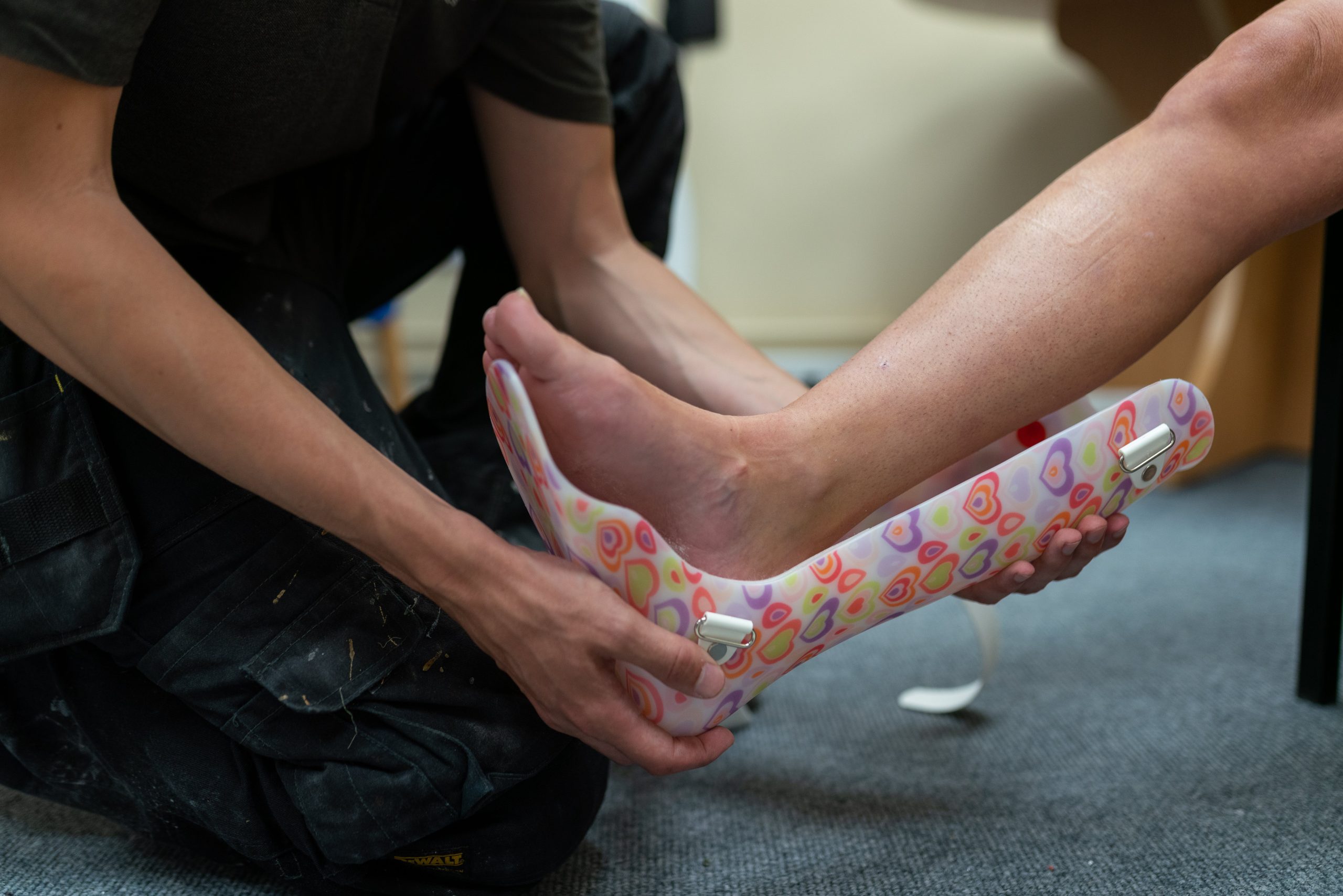

How to identify common signs of cartilage damage


Effective Ways to Restore Knee Cartilage Without Surgery




At London Cartilage Clinic, we specialize in Mesenchymal Stem Cells (MSCs), also known as Medicinal Signaling Cells, for the treatment of ankle pain and injuries. Our stem cell ankle therapy offers a revolutionary approach to treating various ankle conditions, aiming to restore functionality, alleviate pain, and avoid invasive surgical procedures.
Utilizing MSCs’ natural regenerative capabilities, our clinic effectively treats common ankle conditions such as osteoarthritis, ligament sprains, tendon tears, and plantar fasciitis. MSCs have the unique ability to differentiate into various cell types needed for the repair and regeneration of ankle joint tissues, making them ideal for treating these conditions.
The procedure for MSC therapy at our clinic involves harvesting these cells from the patient’s own body, usually from bone marrow or adipose tissue. This minimally invasive process requires only local anesthesia and has little to no downtime. The harvested stem cells are then processed and reinjected into the affected ankle area to promote natural healing and tissue regeneration.
MSC therapy is effective in treating a range of ankle conditions. This innovative treatment offers a shorter recovery time and less risk compared to traditional surgical options. Patients often experience relief from pain and improvement in function, sometimes even being able to walk the same day as the treatment.
MSC therapy is beneficial for various ankle conditions, including osteoarthritis, Achilles tendinosis, ligament sprains, ankle tendon tears, plantar fasciitis, and more.
Recovery time varies, but many patients experience significant improvement within weeks. Improvement is often continuous and can last for months or even years.
MSC therapy is a non-surgical, minimally invasive alternative to traditional surgeries. It emphasizes natural tissue regeneration, which can lead to fewer complications and a quicker recovery.
While MSC therapy is generally safe and uses the patient’s own cells, reducing the risk of adverse reactions, it’s essential to discuss the specific risks and benefits with your podiatrist.